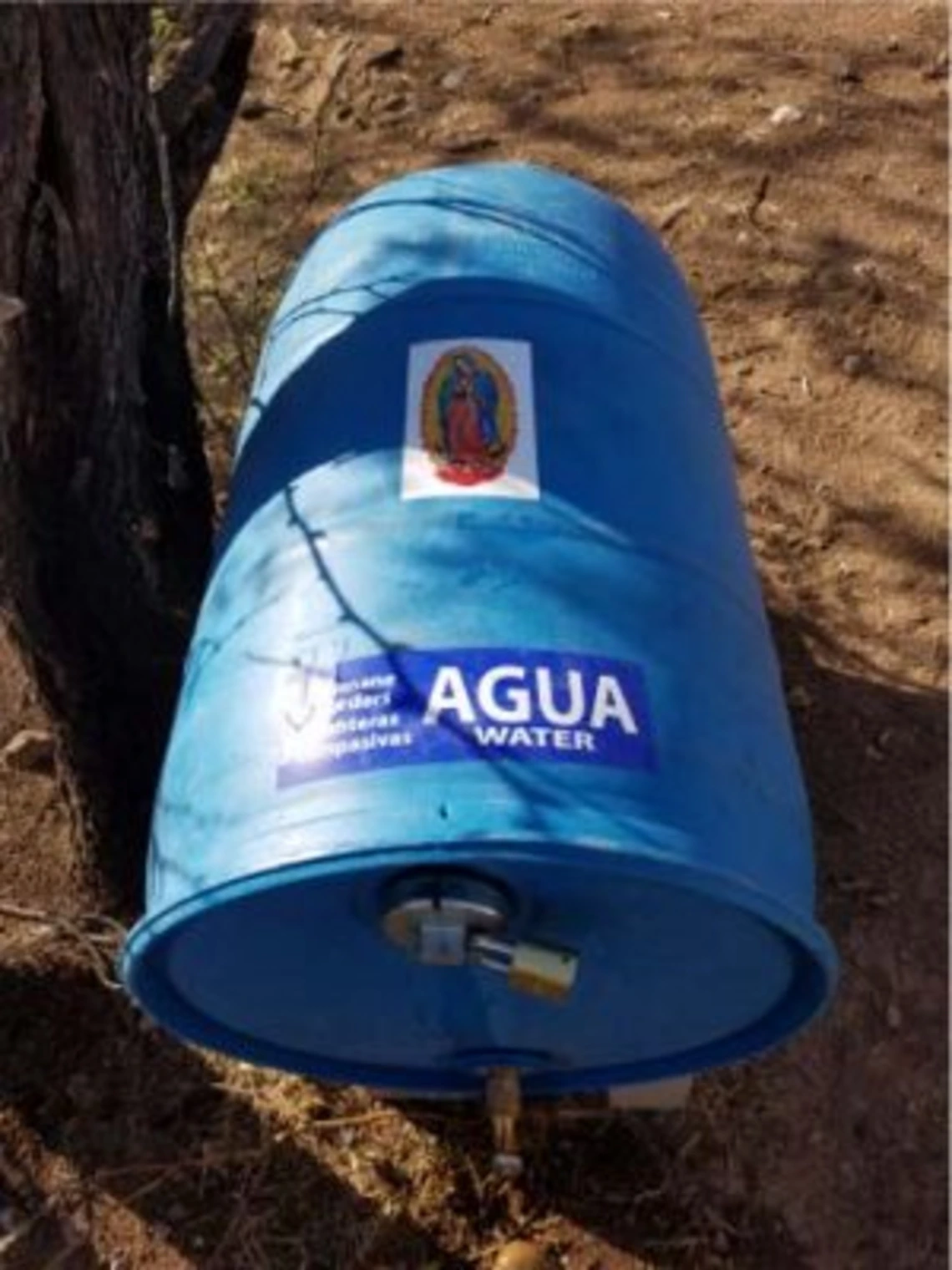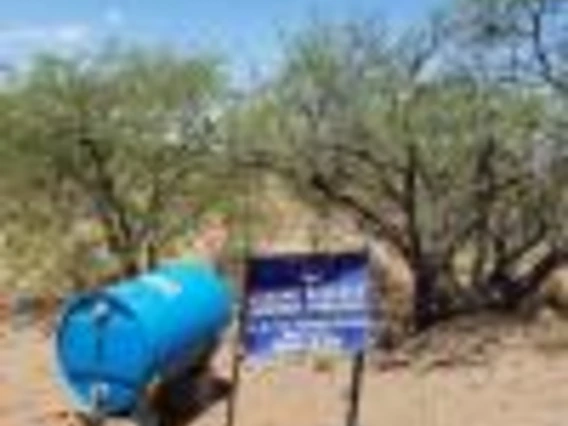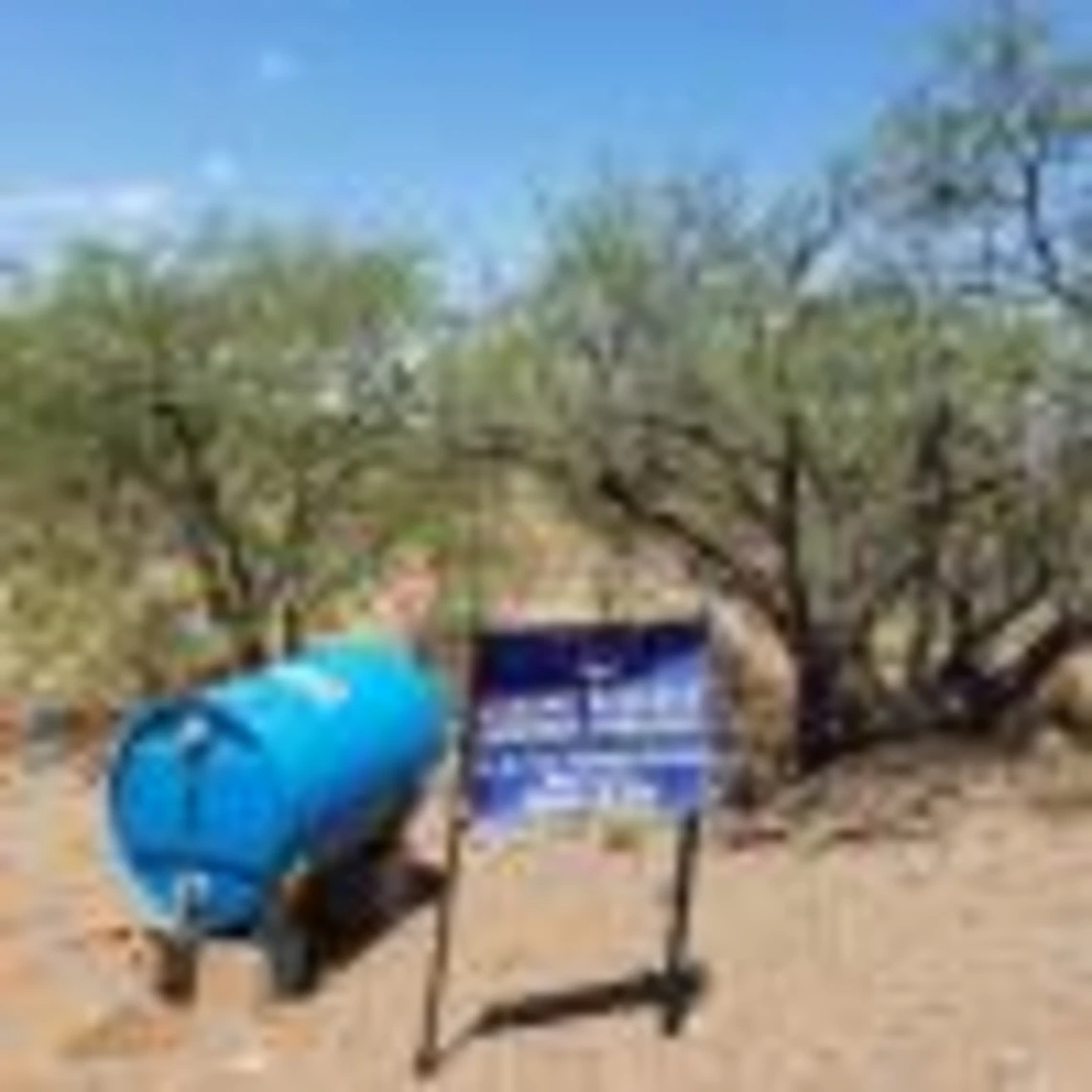A Conversation with Haury Faculty Chair Alison H. Deming

Alison Hawthorne Deming, Regents’ Professor in the University of Arizona (UA) Department of English and distinguished poet, is recipient of one of the four Agnese Nelms Haury Faculty Chairs conferred in 2014. Alison used her Haury Program chair funding to establish Field Studies in Writing, which supports UA creative writing students’ travel to Grand Manon Island, New Brunswick, Canada to explore and expand their writing and to work with local high school students to expand their experiences and talents. “On the island students work on research and writing to create place-based literature that explores how the arts and literature can contribute to our understanding of environment and climate change.”
In 2016, Alison’s success in Grand Manon Island inspired her to begin Field Studies in Writing Southwest. Again, using her Haury Program chair funding and a Change Maker grant from the Program, she seeded a similar program in the borderlands of Arizona, supporting students to pursue their art connected to the natural environment and communities.
Katie Beaty, Haury Program researcher, sat down with Alison in March 2018 to talk about her remarkable Field Studies in Writing Southwest Program.
KB: Please tell me about your most recent project, Field Studies in Writing Southwest, with the Haury Program.
AD: Three graduate students in creative writing are selected for two weeks of immersion to work in collaboration with Borderlands Habitat Network based in Patagonia, Arizona. They’re doing research and writing, and they’re working and mentoring at-risk youth. Through their writing and research, they explore environmental and social justice issues.
KB: What are your goals for this project?
AD: My goals are to inspire students to explore how the literary arts can contribute to our understanding of climate change, border issues and social justice.
KB: What challenges or hurdles have you identified in getting to your stated outcome aspirations?
AD: One challenge in the first year was that the students were working very long and hot days in the desert on habitat restoration. Their schedule this year has been reimagined to devote days to the writing and then other days to solely engage in manual labor. Other than that, it has been a dream project, and everyone really enjoys it.
KB: How are you recording your data and metrics throughout the project?
AD: Our students submit a blog post during the time they’re in residence and longer writing projects in the next semester. Students also do presentations in the community, including a panel at a social justice conference at Arizona State University (ASU), and we are putting together proposals to present at other conferences in the coming year. It all really depends on the audience; these students are writers.
Recent graduate Francisco Cantú has published an important book about the borderlands titled The Line Becomes A River. We hope that additional literary works are published in the future. Students also complete a self-assessment and explanation of what the project has meant to them. This provides qualitative information to help us redefine and imagine our goals going forward.
KB: How does this project align with the Haury Program’s mission? You reported that Field Studies in Writing Southwest focused on multiple Haury Program areas of interest including social justice, can you discuss that connection?
AD: Writers are generalists and therefore this project applies to many of the Haury Program focus areas including social justice, environment, community and border studies. One student in last summer’s program, Raquel Gutierrez, created a powerful photo essay about her experience distributing water with a humanitarian group assisting migrants in the desert. She used the flag that marks the water barrels as a metaphor, writing, “This is the flag to which I pledge my allegiance.”
Data is great, but stories get to peoples’ hearts. Raquel was telling a story about providing the most basic of humanitarian aid. Heart and mind come together in our discipline. This is one example of how Field Students in Writing Southwest applies to social justice and water issues, and documents social needs in relation to the border.
KB: Anything else you’d like to share about Field Studies in Writing Southwest?
AD: The stereotype of writers is that they sit in an attic somewhere in a highly individualistic pursuit. That’s necessary to the craft of writing, but it can also lead to a writer not being engaged with community. This generation of students is politically and socially engaged. Our program gives them opportunities to put those concerns into action and into their art.
For more about the breadth of work Alison Deming pursues: http://alisonhawthornedeming.com/.
For more about the Southwest Field Studies in Writing including blogs and general information: http://alisonhawthornedeming.com/2017/07/field-studies-in-writing-southwest/



